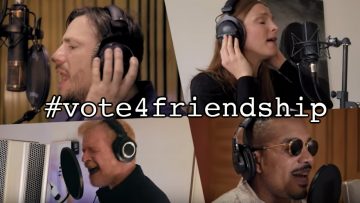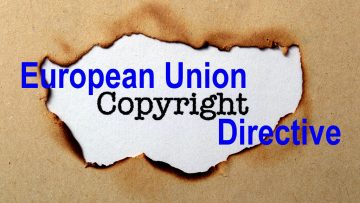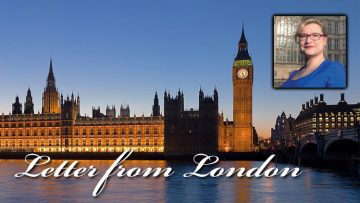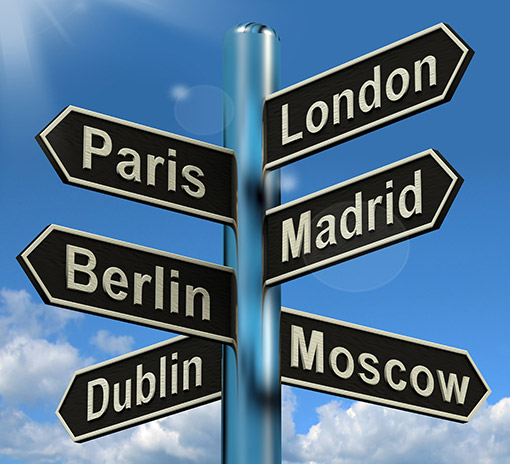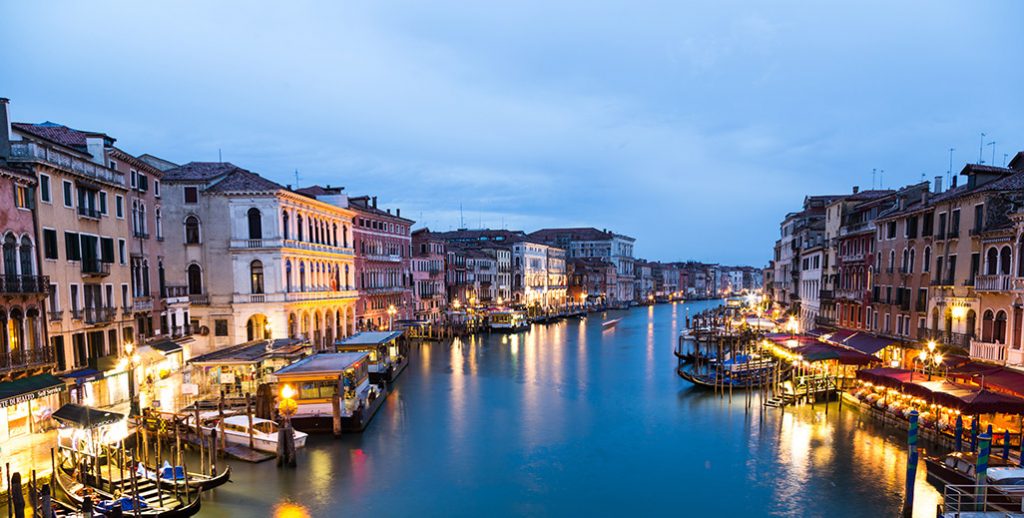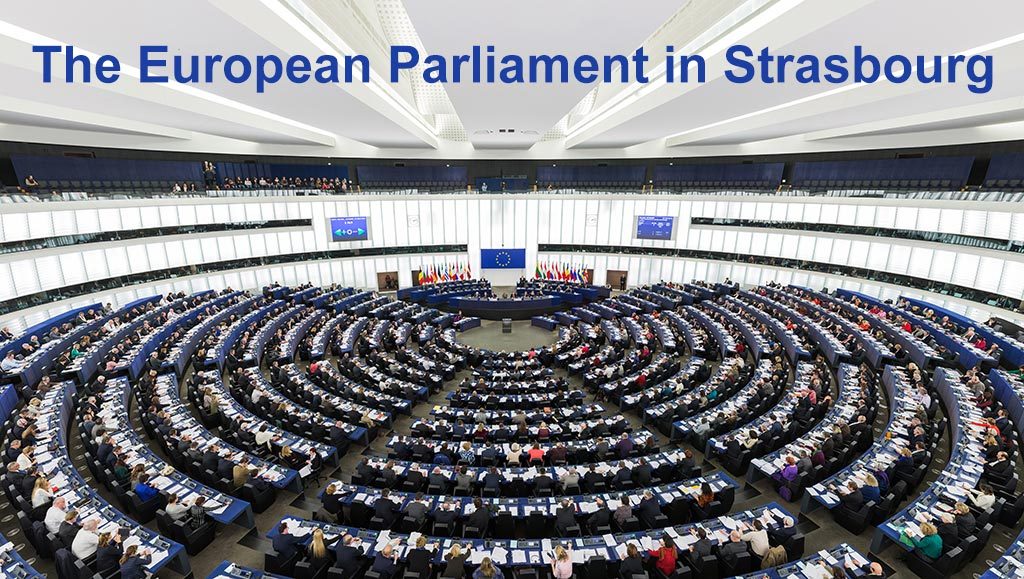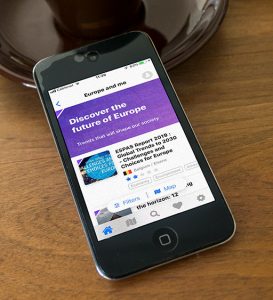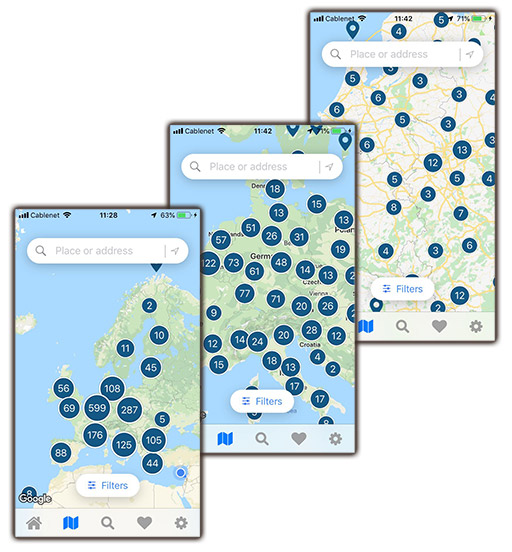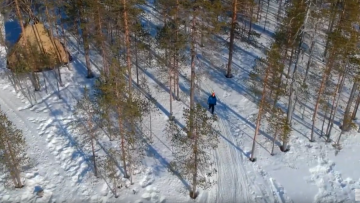This is a video from A4E: 30 Artists from all 28 EU member states performing the iconic anthem of friendship. Many voices, one important message: #vote4friendship at the EU elections May 23rd-26th.
Don’t just sing along. If you agree that we are best when united in all our diversity; if you agree that hate and separation are not answers but threats; if you agree that Europe at its core is about friendship: Spread the word and share our video message.
And most importantly: Vote in this EU election because Europe needs us!
We’re not affiliated with Alliance4Europe, but support many of it’s activities. Alliance4Europe is a politically independent institution, supporting various initiatives against the many bad influences on Europe. We stand for friendship across borders. Because the forces that divide us will never be as strong as those that unite us. That is why we celebrate European friendship and unity ahead of the elections in May. And A4E is their pan-European all-star band. United in diversity. Friends will be friends.
Alliance4Europe links
- Webpage: https://vote4friendship.eu/
- Facebook: https://www.facebook.com/Vote4Friends…
- Twitter: https://twitter.com/Alliance4EU
- Instagram: https://www.instagram.com/vote4friend…
